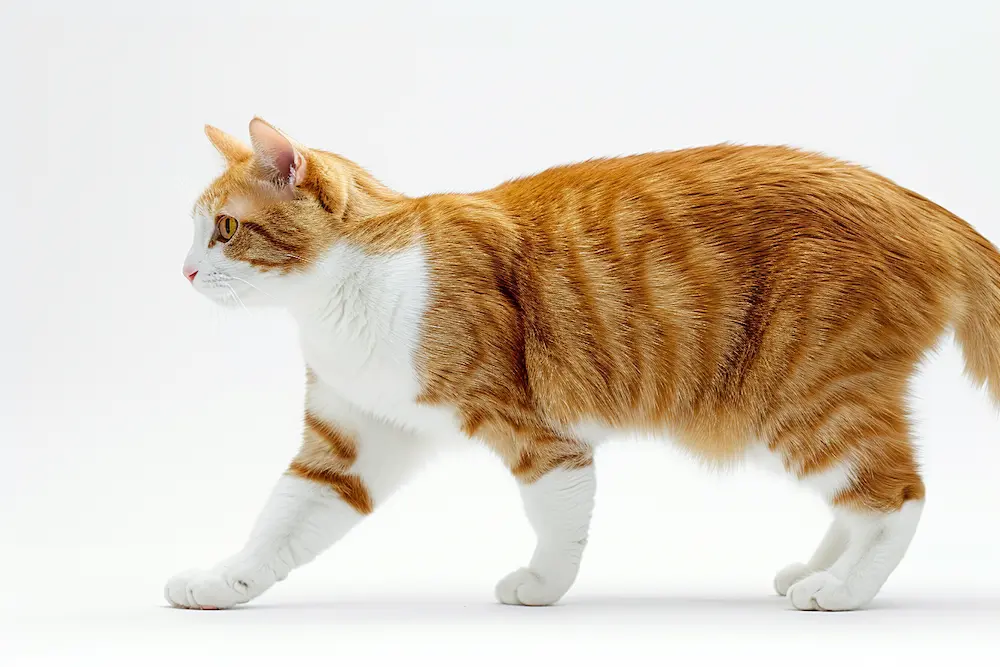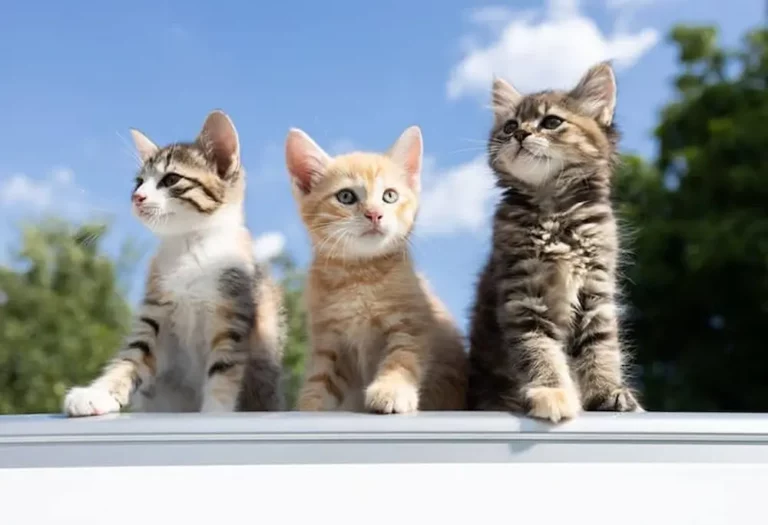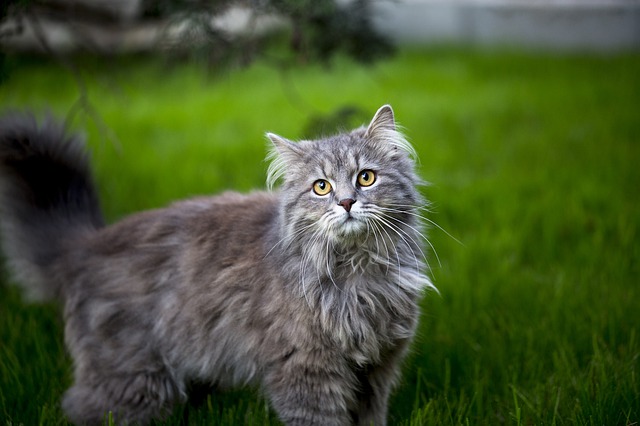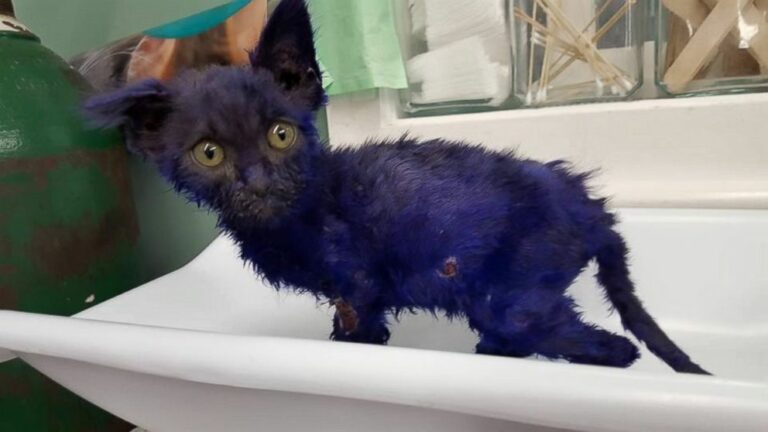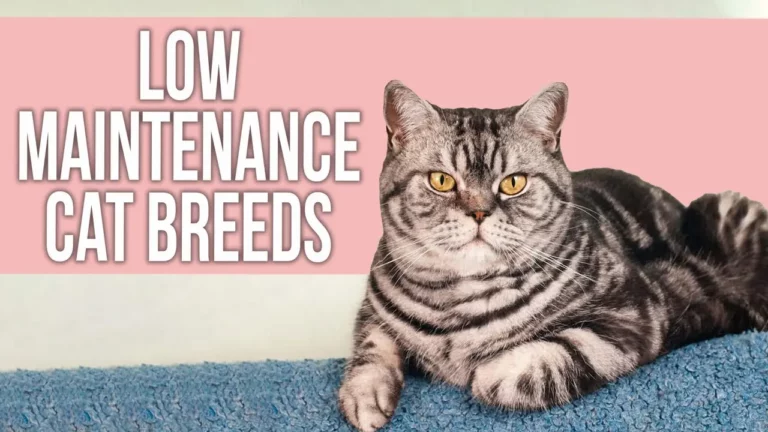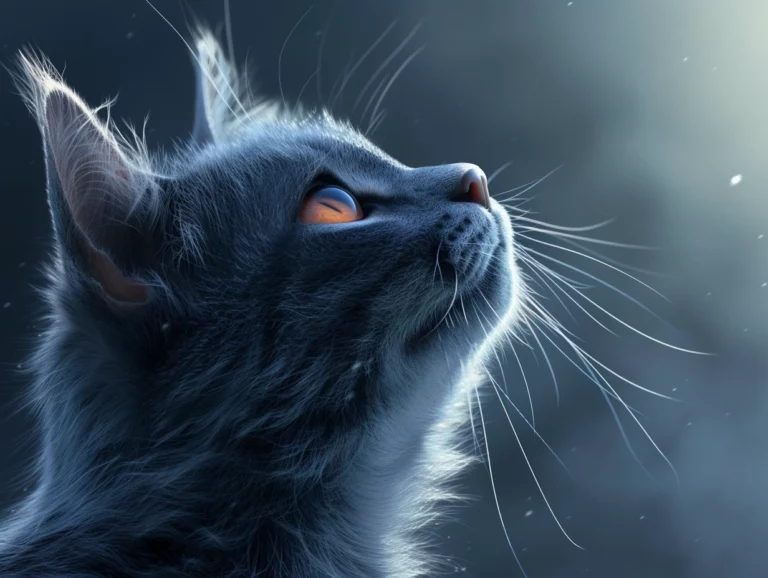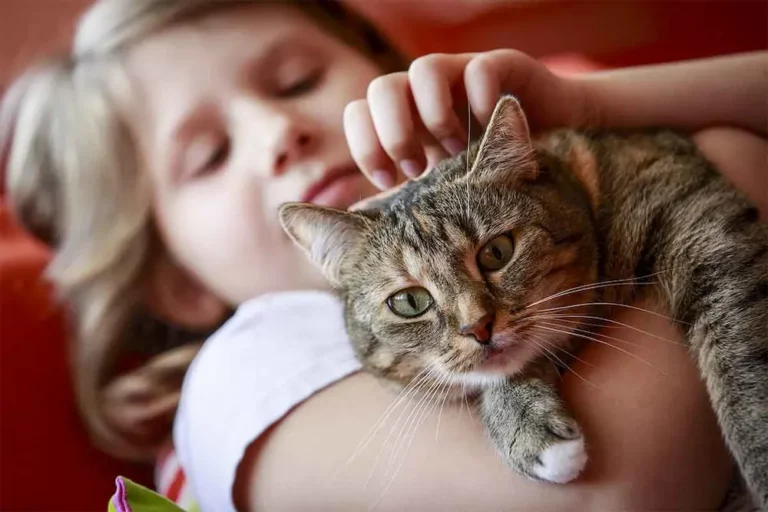Are Orange Cats Really Dumb? Animal Expert Busts Viral Tiktok Myth!
Orange cats, or “Ginger cats” as they’re affectionately called, often catch flak with myths surrounding their intelligence.
It’s a common misconception that these fiery-furred felines are less smart than their counterparts.
But how much truth is there to this claim, really?
I’ve seen countless videos of orange cats showcasing both goofy mistakes and clever antics.
From exploring traffic lights to cleverly stealing snacks, these cats display a wide range of behaviors.
It’s clear that intelligence can’t simply be color-coded.
Are they truly any different in smarts compared to other cats? I’m here to explore this colorful query, breaking down myths and sharing insights about these popular and lovable pets.
Surveys on cat personality are filled out by people
Most commonly, the assessments of
These surveys often ask owners to rate various behaviors and traits, providing insights into the typical character of different
But, they inherently include a level of subjective bias.
I find that
Also, self-report surveys—as those used to gauge feline intelligence—are susceptible to confirmation bias.
This psychological phenomenon could lead owners to subconsciously project their beliefs about their pets onto their responses.
For instance, if I believe my orange
Hence, while these surveys provide a good starting point, they do not conclusively determine the intelligence of orange cats or any other color, for that matter.
Considering this, when we review studies suggesting that orange cats, like those documented in self-report surveys, appear more affectionate or dumber, we must take these findings with a grain of skepticism.
They might reflect more about human expectations and biases than about any genuine intellectual distinction among
So, as I continue to understand the intriguing world of orange cats, including their intelligence, I keep in mind that any conclusively scientific assessment must counterbalance these human elements with objective behavioral observations and controlled studies.
Breed personality
When assessing the personality traits of orange cats, or any
Scientific studies and animal behaviorists consistently find that breed impacts personality more significantly than coloration.
For instance, breeds like the Siamese or Tonkinese are renowned for their vocal habits.
These breeds are more likely to engage in frequent and loud meowing, a trait less about intelligence and more about their inherent nature to communicate.
On the other hand, some like the American Shorthair typically exhibit calm and reserved behaviors, making them less prone to risky behaviors compared to more vocal breeds.
Also, certain breeds are predisposed to specific genetic health conditions, which might influence their overall behavior and perceived intelligence.
Breeds such as Persian, Himalayan, and Maine Coon cats often face challenges like hip dysplasia, possibly affecting their activity levels and interactions.
In the case of orange cats, their vibrant color is due to a gene on the X chromosome, influencing color, not cognitive abilities.
With a 20% chance of being female, orange tabbies are predominantly male due to genetic transmission.
But, this genetic peculiarity does not extend to personality, which, as discussed, is more heavily influenced by breed-specific traits.
If you’re exploring the personality and intelligence of a
In the context of orange cats, it’s their breed, not their bold orange hue, that would offer the most insight into their behavior.
If it’s not a coat or breed, what else is it?
Environmental factors play a significant role.
Cats develop their cognitive abilities and personality traits largely through their interactions with their environment.
This includes factors like the level of human interaction, the complexity of their living conditions, and their access to stimulating activities.
Nutrition is another essential aspect.
Adequate diets contribute to a
Proper nutrition supports brain health, which is critical for learning and development.
A
Health issues must also be considered.
Ailments such as thyroid problems or neurological disorders can impact a
Regular veterinary check-ups are vital to ensure that any such health issues are diagnosed and treated promptly, allowing the
Socialization plays a defining role.
Cats that interact more frequently with humans and other animals tend to develop better cognitive and social skills.
It’s essential to engage your
Don’t judge a book by its cover – or a cat by its color
Exploring the myth that orange cats might be less intelligent has led us to a clear understanding: intelligence in cats isn’t a matter of coat color.
It’s essential to look beyond the vibrant hues of a ginger
Breed traits, health, and environmental interactions play a far more critical role in shaping a
So next time you’re pondering the smarts of a feline friend, remember it’s their breed characteristics, care, and life experiences that are the true indicators of their mental prowess.
Let’s appreciate all cats for their unique qualities, regardless of their color.
